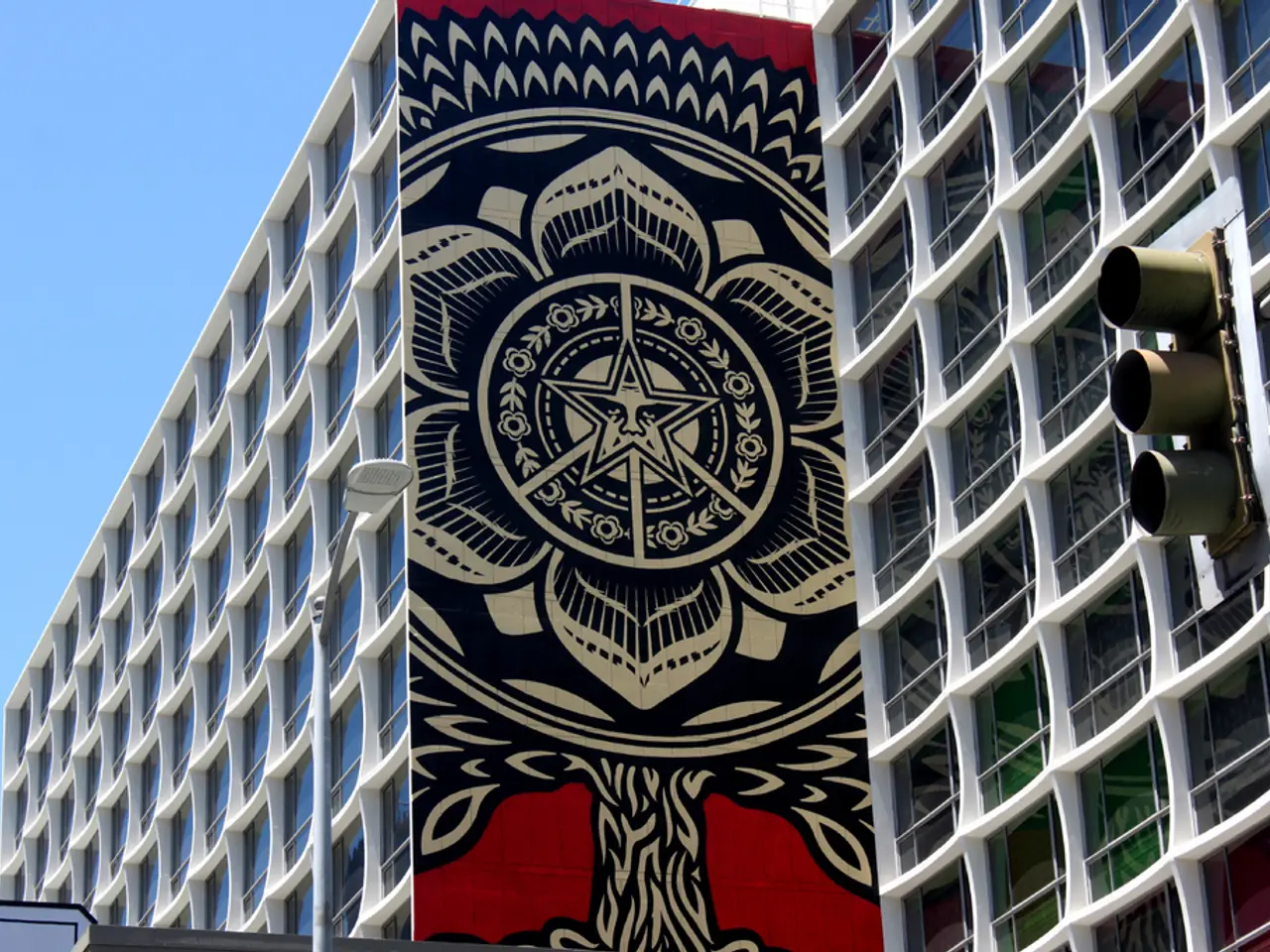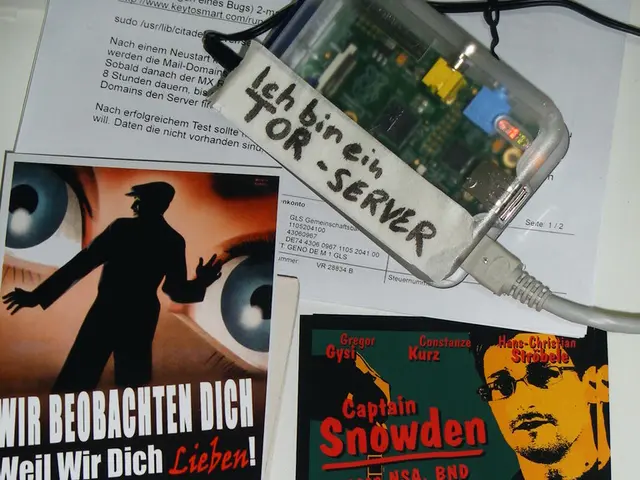Telecommunications Firms in Nigeria Establish Taskforce to Safeguard Network Infrastructure in Response to Increasing Acts of Sabotage
In an effort to safeguard the nation's telecom infrastructure, the Nigerian telecom Industry Working Group is collaborating with security agencies and launching public awareness campaigns. This initiative is a response to the rising incidents of fibre cuts, equipment theft, and vandalism that have been impacting both the industry and its customers on a daily basis.
The Nigerian Communications Commission (NCC) has formed a Critical National Information Infrastructure (CNII) Industry Working Group as part of a broader Designation and Protection of Critical National Information Infrastructure (CNII) Order. This legislation, signed into law by President Tinubu last year, recognizes telecommunications as critical infrastructure and criminalizes its deliberate damage, following a similar move by former President Buhari in 2020.
The NCC is working with various stakeholders, including lawmakers, the judiciary, law enforcement, state governments, and private sector operators to create a unified response to infrastructure security threats. Public awareness campaigns aim to foster community ownership and shared responsibility for protecting telecom infrastructure, helping to reduce vandalism and encourage community involvement in safeguarding assets.
Infrastructure mapping and protection plans have been initiated to prioritize assets for protection and investment. The NCC has partnered with security agencies to counter cyber threats and sabotage, and is working on coordinated enforcement efforts with security agencies while promoting mediation to resolve operational disputes.
However, significant challenges persist. Incidents of vandalism and theft continue to rise, with over 1,100 weekly fiber cuts reported. Industry stakeholders express concerns about the inadequate implementation of the CNII framework, citing a lack of reported arrests or prosecutions despite increased vandalism. Local communities often demand compensation before allowing repairs, further complicating service restoration and increasing operational costs.
Despite these challenges, the efforts of the Nigerian telecom Industry Working Group are evolving. Technology is being used for real-time monitoring and enhancing security around critical locations. The group operates under the Association of Licensed Telecoms Operators of Nigeria (ALTON) and is focused on developing strategies to secure vital assets.
For those interested in staying updated on news from Cairo to Cape Town, and Lagos to Nairobi, a WhatsApp channel is available. This channel covers all 54 countries in Africa and aims to keep users informed and ahead in the tech, startup, and venture capital sectors.
Read also:
- Gold nanorod market to reach a value of USD 573.3 million by 2034, expanding at a compound annual growth rate (CAGR) of 11.7%
- "Tesla's dominance in the electric vehicle industry may be facing competition from a new player: Škoda, as the German electric car market undergoes transformation."
- Ford Presents Economical Electric Vehicle Strategy: Boasts a Lower Total Expense over a Five-Year Period than a Pre-owned Tesla Model Y from Three Years Ago
- Evaluating the sound and rational reasoning behind the latest Metal Gear Solid V game







